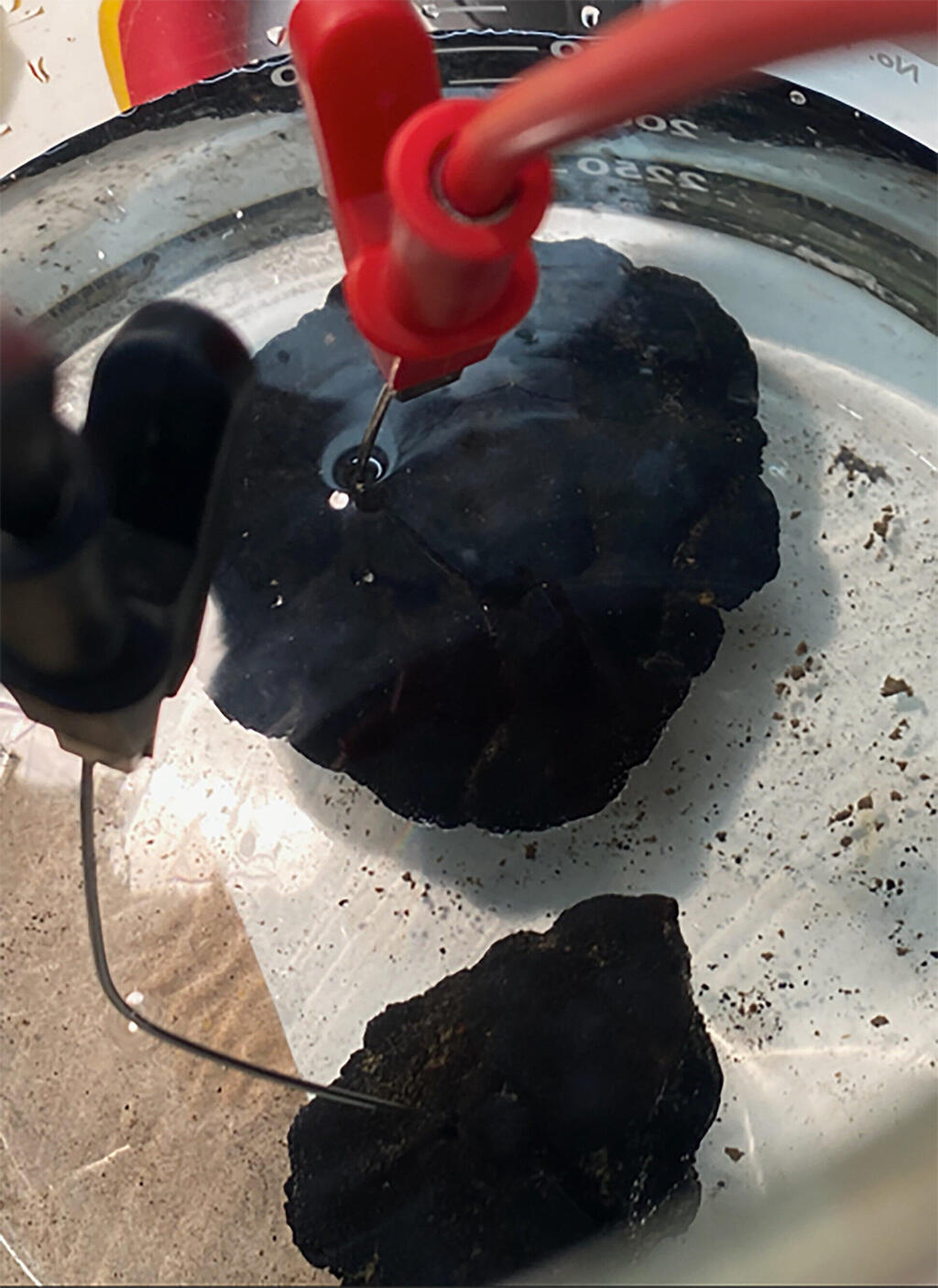Getting your Trinity Audio player ready...
A new discovery may transform our understanding of how oxygen is created. Scientists led by Prof. Andrew Sweetman from the Scottish Association for Marine Science have discovered polymetallic nodules in the Clarion-Clipperton Zone of the Pacific Ocean that produce oxygen through an electrical process similar to seawater electrolysis, challenging the belief that oxygen production solely depends on photosynthesis.
These nodules split seawater into hydrogen and oxygen, resulting in "dark oxygen" production in complete darkness at depths over 4,000 meters.
The nodules are associated with high faunal diversity, and their disruption through deep-sea mining could create dead zones where marine life cannot recover, with implications for understanding deep-sea ecosystems and mining impacts.
Scientists, environmentalists, and organizations like Greenpeace are calling for a moratorium on exploiting deep-sea systems and mining operations due to potential long-term damage to these oxygen sources and environments.
The Clarion-Clipperton Zone, rich in valuable polymetallic nodules, is considered a World Heritage Site, leading to debates about sustainable exploitation.
The study's findings were funded by a company planning to mine nodules in the area.
This article was written in collaboration with Generative AI news company Alchemiq
Sources: The Guardian, FT, France 24, Gigazine, My Courier Tribune, Moneycontrol, The News, Daily Galaxy, Sci.News.


